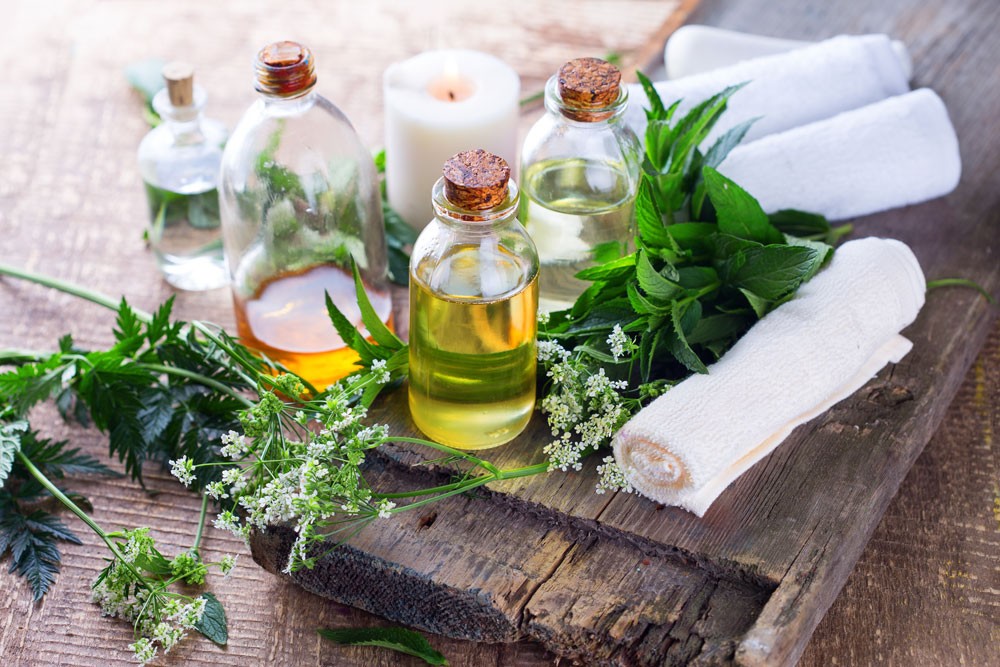Oncology departments around the world are increasingly using aromatherapy to support conventional cancer treatments and help their patients enjoy a better quality of life.
Aromatherapy is a commonly used complementary therapy available to cancer patients in the UK. Numerous hospitals in other countries such as Australia, Canada, France, Germany, Japan, Korea, and the United States also offer aromatherapy as a complementary therapy for patients undergoing cancer treatments.
What are the strengths of aromatherapy?
Mainstream cancer treatments save lives but can be aggressive, with side effects that are often hard to endure. Patients may experience fatigue, pain, weakened immunity and thus increased risk of infections, skin problems and psychological distress.
One of the greatest strengths of aromatherapy is its ability to provide both physical and psychological comfort during cancer treatment. It comforts the mind, body and spirit, thereby improving patients’ quality of life.
Having an inhaler at hand to use when anxious, in pain, nauseated or unable to sleep, gives patients a sense of control and well-being.
Aromatherapy can help:
- Boost immunity and prevent infections such as candida
- Alleviate side effects including pain, mouth ulcers and nausea
- Reduce fatigue
- Prevent radiation burns
- Relief anxiety, fear and sleeping problems
- Help patients to regain their strength post-treatment
- Prevent relapses by reducing inflammation and boosting immunity
How is aromatherapy used by cancer patients?
Immunity Boost
Essential oils can both boost and regulate immunity, which is weakened during chemotherapy. Ravintsara and tea tree are examples of oils that can boost immunity.
Reduction of nausea
Chemotherapy-induced nausea and vomiting are experienced by 50% of cancer patients. Essential oils such as ginger, lemon or peppermint can help relieve these side effects through inhalation, massage and, in some instances, by taking them orally.
Pain control
The anti-inflammatory, analgesic, muscle relaxing and calming properties of specific essential oil blends can help to control pain. Such blends are either applied to the skin or inhaled.
Fatigue reduction
Both Ravintsara and lemon essential oils are frequently used to reduce the fatigue that usually accompanies chemotherapy through their immunity-balancing effects and their ability to restore balance to the human organism.
Prevention of radiation burns
Essential oils such a lavender and niaouli have strong anti-inflammatory properties. Applying them to the skin before and immediately after a radiation treatment can help minimize damage to the skin.
Relief of fear, anxiety and sleeping problems
Many cancer patients experience a reduction in fear and anxiety by simply inhaling a single essential oil or a blend. The essentials oils rosa damascena, frankincense and German chamomile are all very effective.
Healing skin and mouth problems
Skin itching, fungal infections, mouth ulcers, mouth odors and dry mouth are frequently experienced by cancer patients. A mouthwash with essential oils can help reduce pain, inflammation and ulceration, improve salivation and prevent oral infections. As an added benefit, they neutralize bad odors.
Support healing post-treatment
Certain essentials oils can help regenerate cells in organs damaged by chemotherapy, for instance the liver, thereby helping patient to regain their strength post-treatment. Rosemary and lemon oils are two examples.
Aromatherapy can be an effective complementary therapy to conventional cancer treatments. Recent research indicates that the components of certain essential oils have antitumoral properties and a number of essential oils are currently being investigated for their potential in cancer treatment. Further studies are needed to confirm these findings, but aromatherapy undoubtedly holds great promise for the future of cancer prevention and treatment.
Always consult with your doctor before using aromatherapy, this is very important if you are having any type of cancer treatment. In addition to your doctor’s recommendation, ask a qualified aromatherapist who has experience treating people with cancer for advice.

